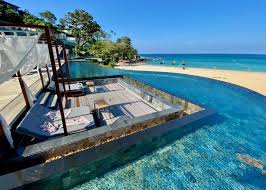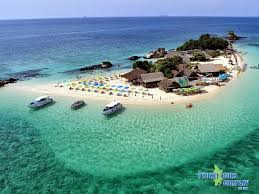How to pay for a property in Thailand?
When you buy a new condo or a new villa or an off-plan property, you are most likely dealing with a company in charge of the construction, sales, and management of the property: the property developer. In this case, and upon payment terms agreed, you can possibly transfer the funds to purchase the property directly to the developer’s bank account through an international bank transfer. The bank transfers must be made in a foreign currency with a clear description along with the payment describing the purpose as follows:
FUNDS TO PURCHASE / LEASE A PROPERTY IN THAILAND
TO PURCHASE (NAME OF PROPERTY OR CONDO – UNIT NO ) ON BEHALF OF (BUYER’S FULL NAME)
TO LEASE (NAME OF PROPERTY OR CONDO – UNIT NO ) ON BEHALF OF (BUYER’S FULL NAME)
CAUTION:
Wording matters, for the Land Department, the word “apartment” and “condominium” refers to two different unit types. Foreigners can possibly buy in freehold terms condominiums, while apartments would be in leasehold terms only!
When you purchase an off-plan property for instance, and depending on payment terms, you might have several transfers to do over the course of a year or two. In this case, every bank transfer with partial amounts shall be made with the same above instructions. The property developer’s bank will take care of the paperwork to be presented at the Land office to show origin of the funds.
Nevertheless, if you prefer, you can always transfer to a personal bank account of yours in Thailand before paying the property developer.
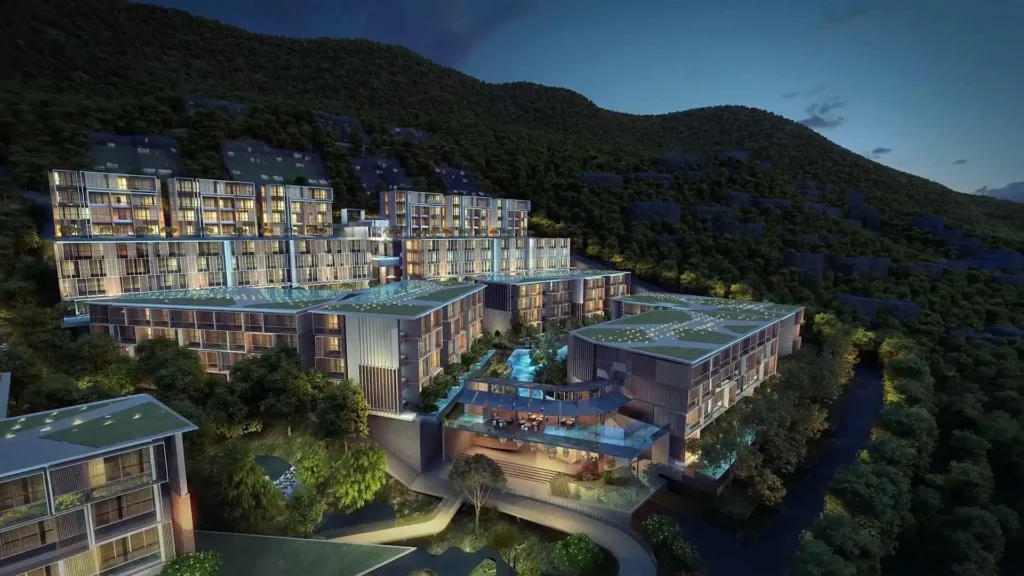
Buy a property in Thailand with a personal Thai bank account
If you prefer, or when you buy a second hand property, you are most likely dealing with an individual owner, there is obviously a huge risk transferring upfront to any individual any amount of money without ownership’s transfer guarantee. It is therefore recommended, to transfer the funds to a personal bank account of yours in Thailand, in a foreign currency. So you can pay afterwards an individual with a cheque endorsed from your bank against the transfer of ownership at the Land department.
FUNDS TO PURCHASE / LEASE A PROPERTY IN THAILAND
TO PURCHASE (NAME OF PROPERTY OR CONDO – UNIT NO ) ON BEHALF OF (BUYER’S FULL NAME)
TO LEASE (NAME OF PROPERTY OR CONDO – UNIT NO ) ON BEHALF OF (BUYER’S FULL NAME)
When you buy a villa or a condo through your personal Thai bank account, you need to obtain by yourself, from your bank, the necessary forms to be presented at the Land department that justify the foreign origin of the funds and a letter of reference from the bank with details of the property you like to purchase.
Can I open a bank account in Thailand?
Yes, you can, when you buy a property in Thailand to make it simple. It is true that for security reasons, opening a bank account in Thailand for a non-resident is getting challenging. Rest assured, in most cases, with few major local banks, you will be able and entitled to open a bank account if you can justify that you own, or will own anytime soon a property in Thailand. The following set of documents must be presented to the bank:
- Sales and purchase agreement signed by developer and buyer.
- Official receipts from the developer.
- Original Buyers’ passport with last arrival stamp from immigration.
- A Minimum deposit. (around 500 THB)
You have a Thai bank account, a debit card, and access to the banking Apps, enabling you to pay or withdraw money anywhere in Thailand.
What payment terms when buying a property in Thailand?
Payment terms remain at the sole discretion of the property developer or the individual seller. Payment terms when you purchase a property in Thailand are an entire part of the Sales and Purchase Agreement (SPA), consisting usually in an initial deposit acting as a reservation fee, followed by a payment in full or installments as per schedules or construction progress.
Deposits
The deposits are reservation fees to book a villa or a condo in Thailand for a certain period of time, in average 3 to 5 weeks, so there’s enough time for the parties to agree and sign the sales and purchase agreement. The deposits made are very rarely refundable. The deposit amount depends on the final price of the property but is ranging between 50,000 to 250,000 THB on average.
First down payment and installments (applicable for off-plan properties)
Once the Sales and Purchase Agreement is signed, the first down payment will come on schedule, and can represent 35% or more of the total price of the property. The other payments are installed as per schedules of payment agreed or as per specific construction progress : land preparation, piling, start of concrete structure, structural completion, registration at Land department and handover. The property developer usually issues monthly work progress reports and construction progress steps are contractual.
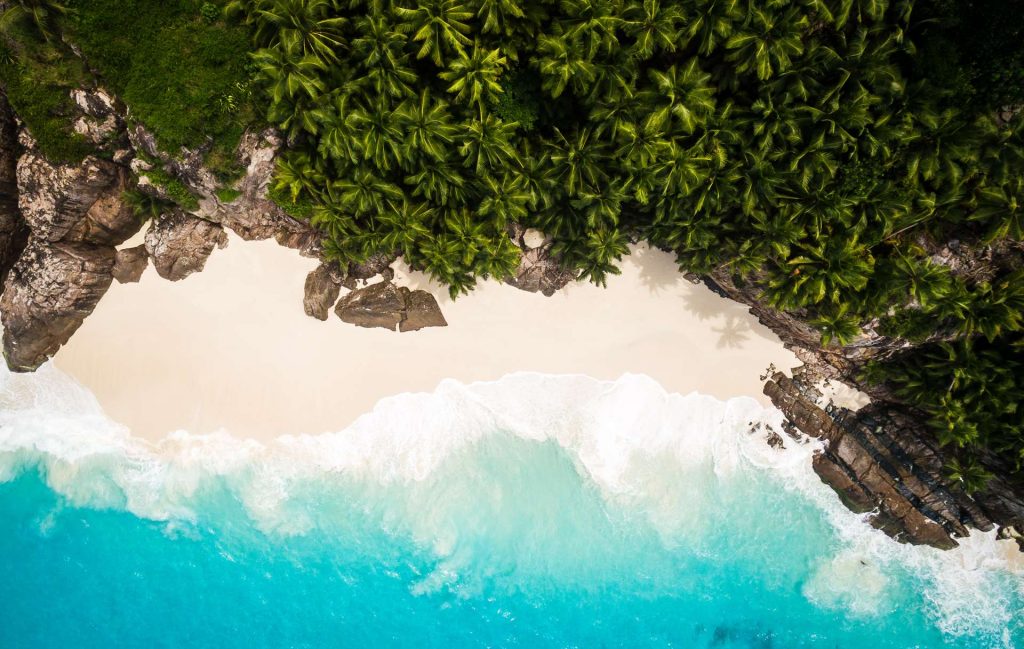
Final Payment and Transfer of Ownership
Legally in Thailand, a property is to be transferred officially to a new owner at the Land department only when the property has been fully paid. When you buy a new villa or a new condominium, the final payment in the balance to the property developer allows you, providing you have paid in advance all other charges, to get the registration of your property at the Land department.
When you buy a second-hand property from an individual, you must prepare ahead of the Land department appointment day of transfer, a cheque endorsed from your Thai bank to the seller’s name for the amount of the property minus the deposit. This cheque will be held at the Land department as an evidence of the payment to process further with the official registration – transfer of ownership of the property.
For Ready-to-Move-In Buildings:
When purchasing a ready-to-move-in property, the process is streamlined:
- Deposit & Payment: You’ll pay an initial deposit, and the remaining balance is due within 30 days via bank transfer.
Registration / transfer of Ownership at the Land department
The final frontier of property ownership in Thailand! Once you’ve navigated the murky waters of registration and transferred your fees at the Land department, you’re in the clear. Your property is officially on the map, and you’re officially on the taxman’s good side.
But wait, there’s more! Every property in Thailand comes with its own little yellow passport, known as the “Tabian Baan” for us foreigners. It’s like your property’s ID card, telling the world, “Hey, I belong here!”
And if you’ve snagged yourself a condo in freehold terms, congratulations! You’ll also get the VIP treatment with an original title deed, known as the “chanote” in the local lingo. It’s like the golden ticket to your property kingdom, complete with your name in Thai script for that extra touch of authenticity.
These two documents aren’t just fancy pieces of paper – they’re your golden tickets to property ownership paradise. They might even come in handy for other bureaucratic shenanigans or as your secret weapon for visa battles. So hold onto them tight, because in the land of smiles, these papers are worth their weight in gold!
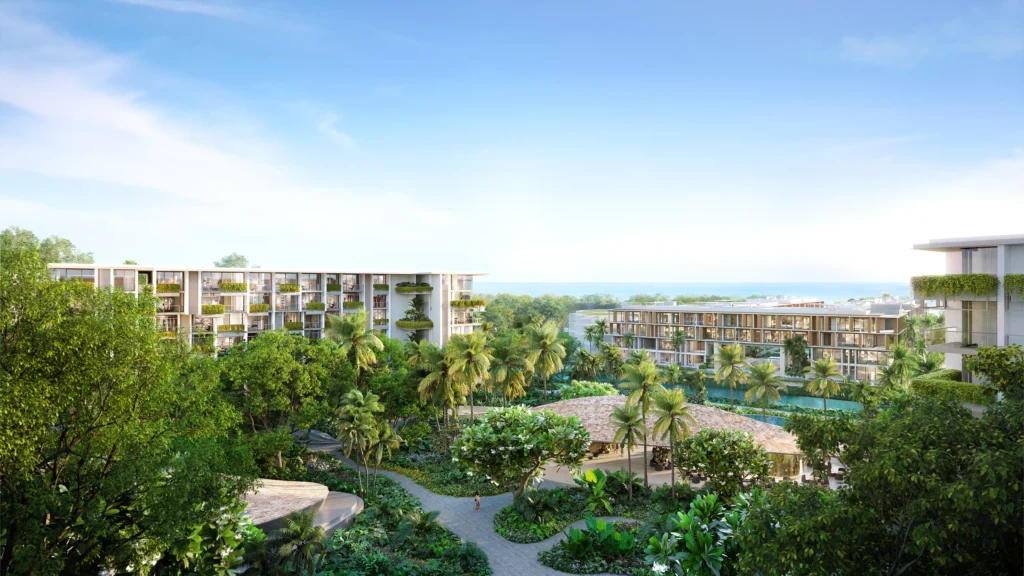
Remote Purchase: There’s no need to be physically present in Thailand for the purchase. The entire transaction can be completed remotely, making it convenient for international buyers.
hospitality can come through in a lot of ways, but it most definitely starts with a clean space. And while cleaning might not be the most fun part of hosting, it doesn’t have to be difficult! Here are a few tips and tricks to help you get swept up in an effective and easy cleaning routine.

